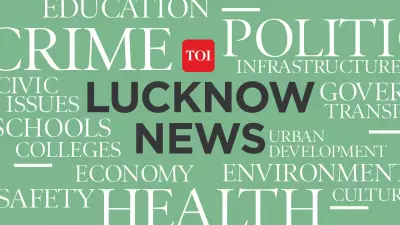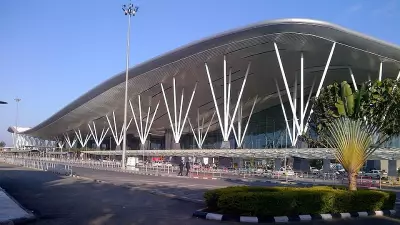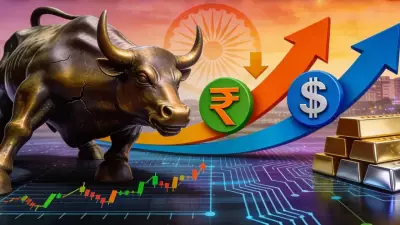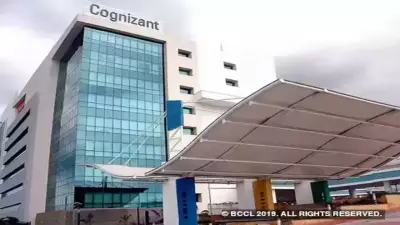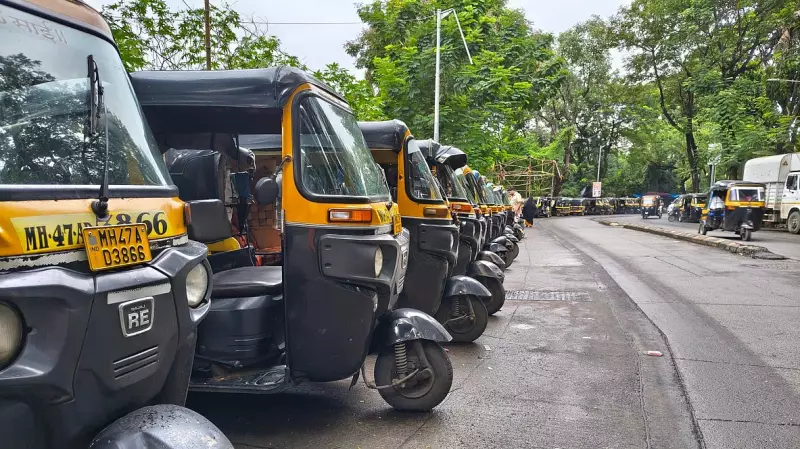
Mumbai is grappling with a severe Compressed Natural Gas (CNG) shortage that has brought the city's transport system to its knees. The crisis emerged after damage to a critical gas pipeline disrupted supplies across India's financial capital, leaving thousands of vehicles stranded and creating unprecedented queues at filling stations.
The Pipeline Damage That Triggered The Crisis
The root cause of Mumbai's CNG chaos traces back to damage in the Uran pipeline that occurred on Tuesday. This critical infrastructure component, operated by Mahanagar Gas Limited (MGL), serves as the primary artery for gas distribution throughout Mumbai and surrounding areas. The pipeline rupture immediately crippled the supply chain, forcing MGL to implement emergency measures.
Mahanagar Gas Limited confirmed the supply disruption in an official statement, acknowledging that CNG supply to all stations in Mumbai and neighboring regions had been severely affected. The company assured customers that their technical teams were working round-the-clock to restore normal supplies, though they didn't provide a specific timeline for complete resolution.
Chaos on the Streets: The Human Impact
The pipeline damage triggered immediate chaos across Mumbai's transport ecosystem. Long, snaking queues formed at CNG stations throughout the city as auto-rickshaw and taxi drivers scrambled to secure whatever limited supplies remained available. Some drivers reported waiting for hours, with many ultimately returning empty-handed as stations ran dry.
The situation became particularly dire for Mumbai's extensive fleet of CNG-powered vehicles, which include most of the city's auto-rickshaws, taxis, and many private vehicles. With stations unable to meet demand, many commuters faced difficulties finding transportation, while drivers saw their daily earnings plummet as they spent productive hours waiting in fuel lines instead of ferrying passengers.
Visuals from various CNG stations across Mumbai showed vehicles lined up for hundreds of meters, creating additional traffic congestion in already crowded areas. The scenes were reminiscent of fuel crises during natural disasters or major strikes, highlighting the vulnerability of Mumbai's transport infrastructure to supply chain disruptions.
Emergency Response and Alternative Arrangements
In response to the escalating crisis, Mahanagar Gas Limited initiated emergency protocols to mitigate the situation. The company began diverting supplies from alternative sources and implementing rationing measures at stations that still had some inventory. However, these stopgap arrangements proved insufficient to meet the massive demand.
The gas utility also explored bringing in additional supplies through other means, including increased road transportation of CNG. However, this method has limited capacity compared to pipeline supplies and cannot fully compensate for the volume typically delivered through the damaged Uran pipeline.
Authorities urged patience among consumers while emphasizing that restoration efforts were progressing as quickly as possible. The incident has raised broader questions about infrastructure redundancy and emergency preparedness for essential services in India's most populous city.
Broader Implications for Mumbai's Transport
This CNG crisis highlights Mumbai's heavy dependence on compressed natural gas for its public and private transportation. The city has been at the forefront of India's transition to cleaner fuels, with CNG becoming the dominant fuel for commercial vehicles over the past decade.
The prolonged disruption exposes the fragility of this system when critical infrastructure fails. Beyond the immediate inconvenience to commuters and financial losses to drivers, the situation could have longer-term implications for public confidence in CNG as a reliable fuel source.
Industry experts suggest that such incidents underscore the need for diversified energy sources and more robust infrastructure with better redundancy systems. As Mumbai continues to grow and its transportation needs expand, ensuring uninterrupted fuel supply becomes increasingly critical for the city's economic health and mobility.
While MGL works to repair the damaged pipeline and restore normal supplies, Mumbai residents and transport operators face continued uncertainty. The incident serves as a stark reminder of how interconnected urban systems can be, and how quickly a single point of failure can disrupt life for millions in a megacity like Mumbai.

